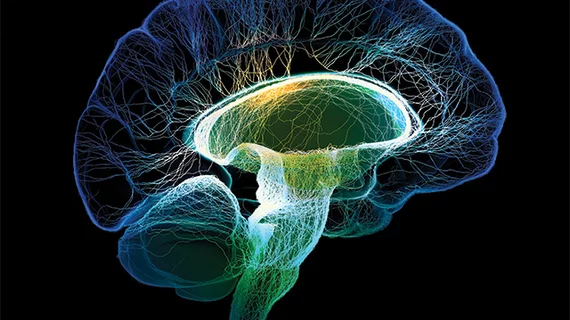A new gene variant appears responsible for sparking the first appearance of amyloid plaques in the brain responsible for Alzheimer’s disease, according to a study published Monday.
Columbia University Irving Medical Center researchers made the discovery after analyzing the genomes of thousands of individuals with amyloid brain spots on PET imaging, but who hadn’t yet developed traditional Alzheimer’s symptoms. The findings—published June 22 in JAMA Neurology—should help identify people at the greatest risk for developing the disorder.
"By studying people with the earliest signs of Alzheimer's, we can find genes that are unequivocally related to the start of disease,” Richard M. Mayeux, MD, chair of neurology at the University’s College of Physicians and Surgeons, said in a statement. “And these genes are more likely to lead to therapies that can prevent the disease from developing.”
For years, researchers have been poring over data to explain why some people accumulate more brain amyloid than others. These deposits appear as early as 15 years prior to symptoms, and the few explanations they have cited involved rare, inherited genes as a primary cause.
So, Mayeux and colleagues analyzed the genomes from 4,314 participants, more than half of whom were women 52 to 96 years old. Each individual did not yet have Alzheimer’s but did contain varying levels of amyloid plaques, according to PET imaging.
They found a link between amyloid and APOE—a long-known Alzheimer’s gene—and the new gene variant, RBFOX1. Nearly 10% of those in the study had this gene, primary patients with European ancestry, the group noted.
There is still a lot to uncover, but Mayeux believes they’ve made some real progress.
“I think we're going to find that these markers of eventual disease are where real progress can be made against Alzheimer's," he said. "If we can target the genes that get amyloid started—and correct those problems somehow—we may be able to prevent the disease."

